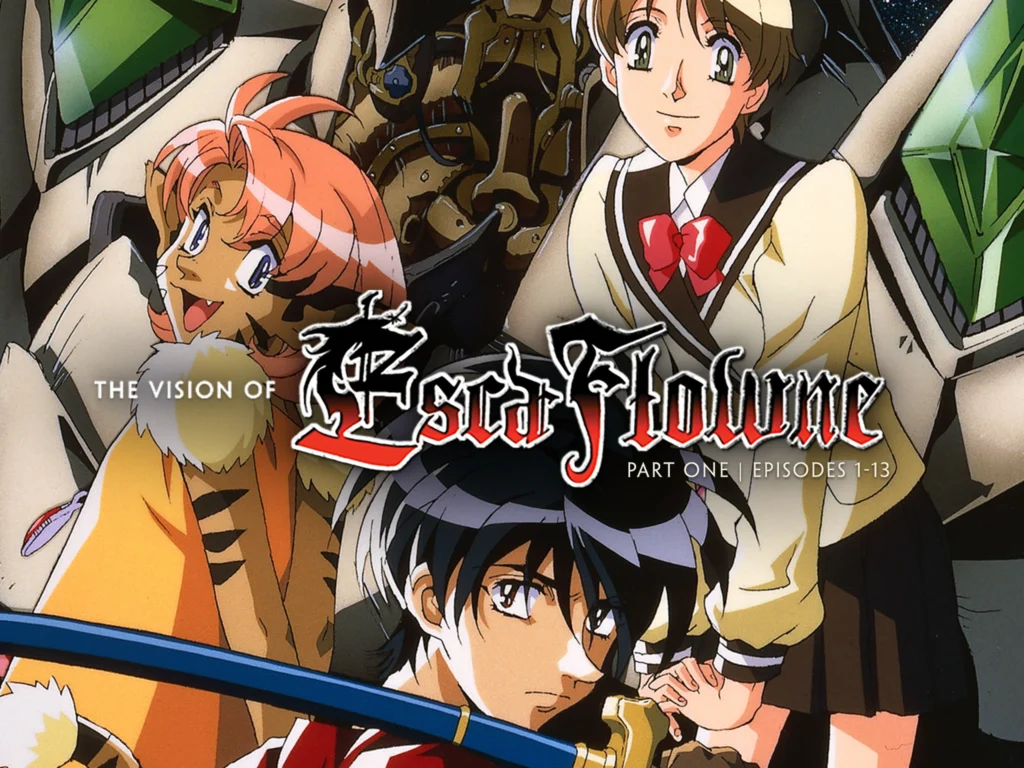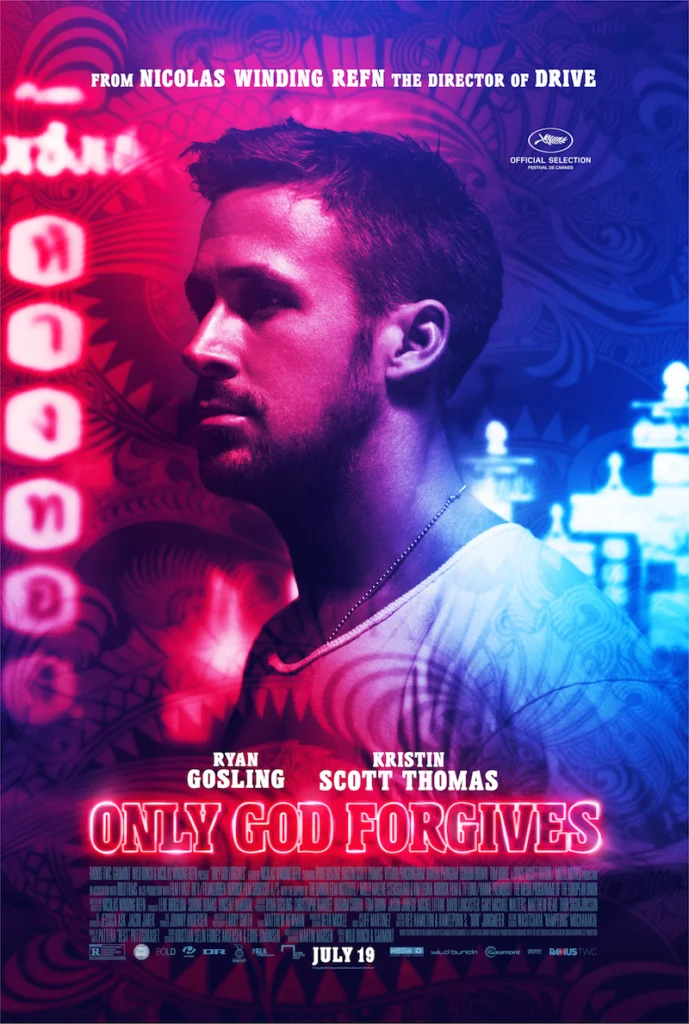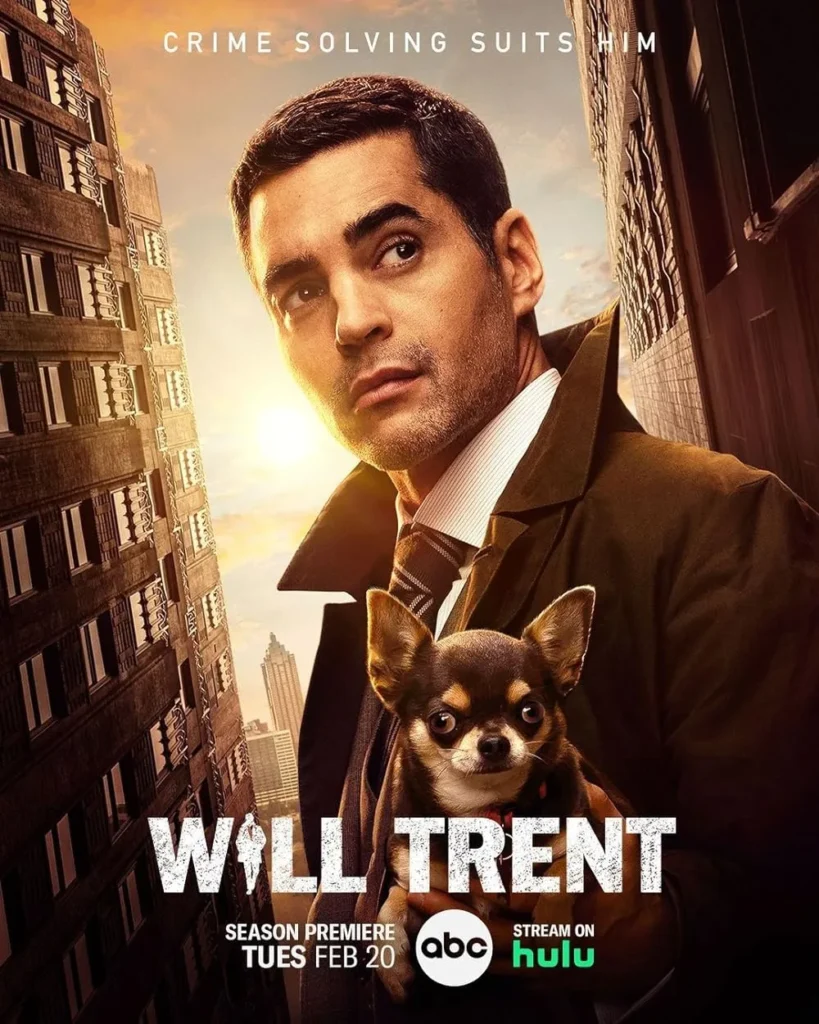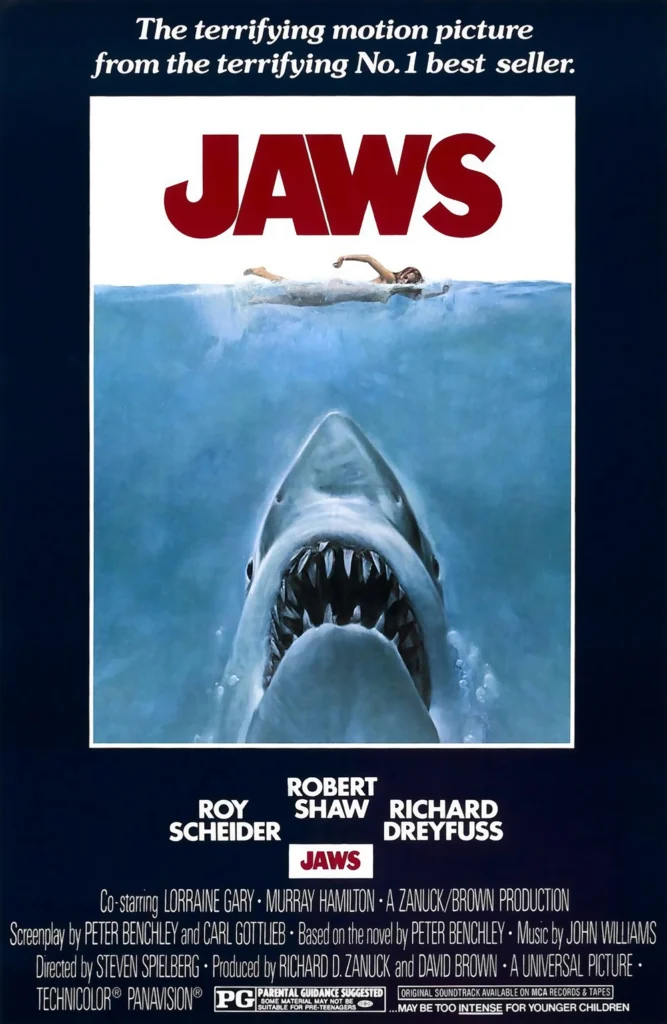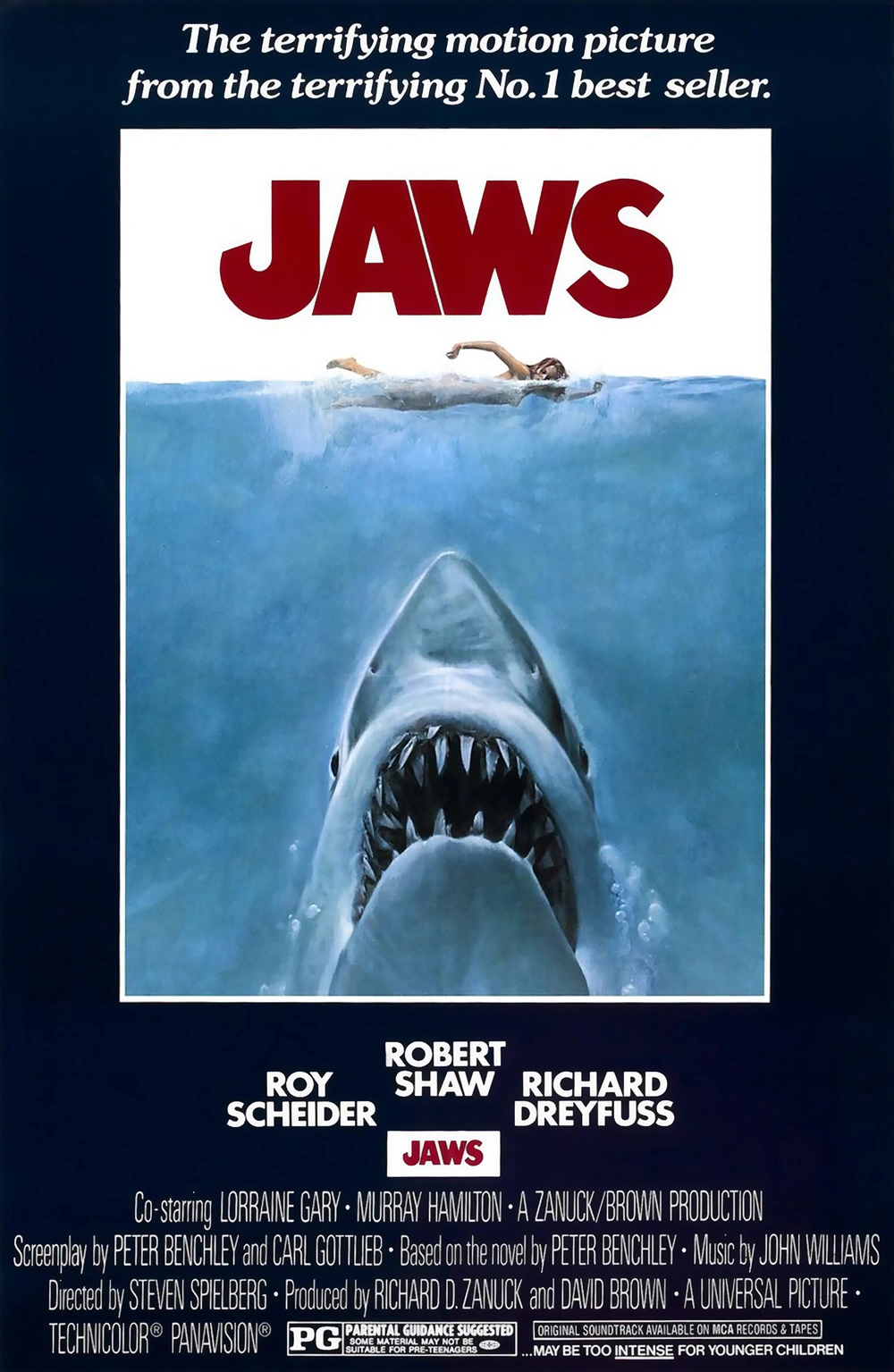
July Staff Picks
Words By F(r)iction Staff
C.E. Janecek
The Vision of Escaflowne
Searching for a way to watch the 1996 worldwide anime hit, The Vision of Escaflowne, felt like a foreboding lesson on our reliance on digital media. It was unavailable on every streaming platform. I had found out about it the old-fashioned way: as a preview on a library-loaned DVD of Code Geass, season one. Luckily, The Vision of Escaflowne was available at my local library on both DVDs and Blu-rays, but after watching it, I was even more fearful that one day it would disappear from the internet’s collective memory all together.
A mix of fantasy, science fiction, and a whole lot of heart—The Vision of Escaflowne’s 26-episode story boasts well-rounded characters, ambitious lore, and a heart-wrenching soundtrack. On a planet torn by war and lofty ideologies, four protagonists carry the heavy mantles of the ancestors, even if they don’t know it yet. Like many cult animes of the 1990s, Escaflowne’s themes largely circle around the loss of innocence and the question of free will, which remains deliciously in the air throughout.
One of the most fascinating aspects of the anime is how much of it changed before production. Escaflowne’s Wikipedia page is a treasure trove of history, but one of my favorite tidbits is that much of Escaflowne’s story and aesthetic exists because the original director was bought out by Gundam and newcomer Kazuki Akane transformed the protagonist into her iconic, tomboy look and made all of the male characters into “beautiful boys” to broaden audience appeal. And are those boys beautiful. The romantic subplots are tinged through the innocent eyes of main character, Hitomi, changing organically (and devastatingly) as the world around them falls to war and she has to find other ways to cling on to hope.
Ari Iscariot
Only God Forgives
It is exhilarating, from time to time, to come upon a film that has been left raw and bloody, uncooked for consumption by a mass audience. Traditionally, movies say: “I am a story, and this is how I will tell myself.” But Only God Forgives does not offer you this comforting hand. There is no guide to orient you as you plunge into the neon-bright, ultra-violent nightmare director Nicolas Winding Refn has created. This is not meant to be a familiar narrative, traveling the tried and true paths of the three-act structure or the hero’s journey. It is a gut-wrenching, visceral experience, all the more poignant because it does not make itself palatable. It seems to say, observe or don’t, the trainwreck will happen with or without you as witness.
Every aspect of this film lends itself to experiencing, to immersing into the Freudian fever dream, the garish, Greek tragedy set in the humming streets of Thailand. Voices murmur and cackle, traffic rushes with reedy wind, night insects anxiously drone. The soundtrack thrums somewhere behind your bones, industrial and electric. The lighting and colors synchronously flash, flawlessly painted by the hand of their colorblind director, showing a reality where everything is exit-sign red, caution-bulb orange, suicidal blue. The dialogue is sparse, sharp, delivered like a blade through the back. Ryan Gosling’s character, the tortured Julian Thompson, speaks but seventeen lines. But he doesn’t need to waste breath to tell what is being shown.
Julian’s ending is a foregone conclusion, as is every other character’s, as foretold in the title. Julian’s mad brother cannot be forgiven, nor can his Jocastian mother. Neither can Julian forgive himself: his warped desires, his blood-stained palms. He certainly won’t be forgiven by the film’s main “antagonist,” the vigilante cop Chang, who is the epitome of “Justice is blind.” He metes out punishment without considering circumstance, drunk on power and revenge. Only God could forgive someone like Julian, and his twisted, pathetic descent towards this realization will make you feel emotions and longing better left unspoken—and only experienced.
Dominic Loise
Will Trent
We are always looking for a good mystery series in our household. Something that is both a challenge to solve before the final reveal and has an engaging yet unique detective. Our benchmark binging has been David Suchet as Hercule Poirot, Tony Shalhoub as Adrian Monk, and Peter Falk as Lieutenant Columbo. Currently, we are watching Will Trent and this mystery drama is quickly becoming our new favorite series.
Soon to drop a third season this fall, Will Trent is based on the book series by Karin Slaughter. The main character is a special agent for the Georgia Bureau of Investigation and like Piorot, Monk, and Colombo, he sees things outside the box from other members of law enforcement and is an outsider from those he works with daily. Unlike Columbo, Trent (Ramón Rodríguez) is sharply dressed in his three-piece suits like Poirot and his home is organized like Monk. The reason for his outward appearance and organizational systems are to mask his dyslexia from the outside world, for fear that others will judge him incapable to do his job.
Trust is a major theme in Will Trent. The two main characters, Trent and homicide Detective Angie Polaski (Erika Christensen), grew up together in the foster care system. Both have scars from their childhood and in Trent’s case, his scars are physically noticeable. The two work to protect others from cracks in the system that failed them as children. The series also explores Trent and Polaski sharing their past with their work partners and how it affects their decision making. Soon, guarded walls are let down for them to share openly with others. As the series goes on, Trent’s compartmentalized life of solitude and security opens up for him share with others and create his own definition of family.
Nate Ragolia
Jaws
We’re in the dog days of summer, or maybe the dogfish days… and for me that means revisiting the QUINTessential summer film classic, Jaws. It was released in 1975, from director Stephen Spielberg, and based on the book by Peter Benchley. It is famous for being the first movie filmed on the ocean, for having a broken mechanical shark named Bruce (whose malfunctions required/enabled incredible dramatic tension), and for being, perhaps, the first blockbuster.
If you are somehow unfamiliar, Jaws is about the fictional, small New England beach community of Amity Island besieged—in peak tourist season—by a massive, man-eating Great White Shark. Newly transplanted police chief Martin Brody (Roy Scheider) must contend with the shark and the town’s mayor’s reluctance to close the beach, and eventually enlists a marine biologist (Richard Dreyfuss) and a salty shark hunter (Robert Shaw).
While you’ve almost all certainly already seen this movie, I encourage you to watch it again for two reasons: 1. It is one of the most compelling demonstrations of three-act storytelling available, and 2. The complex relationships between all the characters, their motivations, and their depth of development is second to none. Plus, if you’re anything like me, you’ll get something new out of each viewing. I was lucky enough to catch it in the theater for a special screening earlier this month, but Jaws is great anywhere… except maybe in the water…
